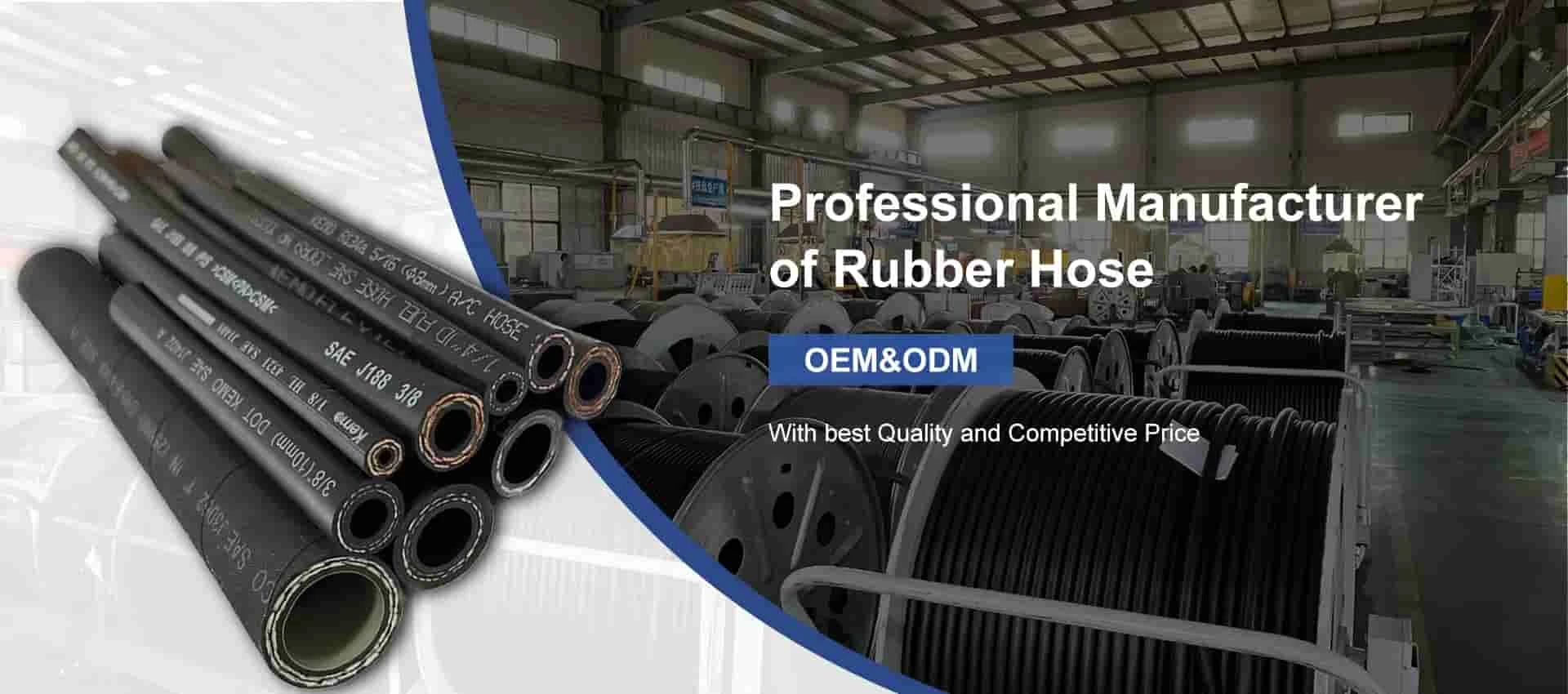ac pump hose
Nov . 16, 2024 12:02 Back to list
ac pump hose
The Importance and Functionality of AC Pump Hoses
When it comes to automotive maintenance and air conditioning system performance, the AC pump hose plays a crucial role that is often overlooked. This essential component is integral to the proper operation of your vehicle's air conditioning system, facilitating the movement of refrigerant and ensuring that the cabin remains cool and comfortable. Understanding the significance of the AC pump hose and its various features can aid vehicle owners in maintaining their AC systems more effectively.
What is an AC Pump Hose?
The AC pump hose, also known as the refrigerant hose, is a flexible tube that connects various components of a vehicle’s air conditioning system. Its primary function is to transport refrigerant between the compressor, condenser, evaporator, and expansion valve. Given its importance, the hose is designed to withstand the high pressures and temperatures generated within the AC system.
Types of AC Pump Hoses
There are typically two types of hoses in an automotive air conditioning system suction hoses and discharge hoses.
1. Suction Hose This hose is responsible for transporting low-pressure refrigerant gas from the evaporator back to the compressor. It is typically larger in diameter and designed to handle cooler temperatures.
2. Discharge Hose In contrast, the discharge hose carries high-pressure refrigerant gas from the compressor to the condenser. This hose operates under higher temperatures and pressures, necessitating extra durable materials.
Material and Construction
AC pump hoses are usually made from synthetic rubber or special thermoplastic, which provides flexibility and durability. Reinforcement materials, such as polyester or nylon, may also be incorporated to enhance strength and prevent bursting under pressure. The inner lining often includes specific coatings to resist the corrosive properties of refrigerants.
ac pump hose

Signs of Hose Wear and Failure
Over time, the AC pump hoses can experience wear and tear due to exposure to various environmental factors, including heat, dirt, and vibrations from the engine. Common signs of a failing AC pump hose include
- Leaking Refrigerant If you notice a puddle of refrigerant under your vehicle or an oily residue around the hose, it may be a sign of a leak. - Poor Cooling Performance If the AC system is not producing cold air, a failing hose could be restricting refrigerant flow. - Hissing or Whistling Noises Unusual noises coming from the AC system can indicate that the hose is damaged or that there is a refrigerant leak.
Maintenance Tips
To ensure the longevity and optimal performance of your AC pump hose, regular maintenance is essential. Here are some tips
- Routine Inspections Have the hoses inspected during regular vehicle maintenance. Look for any signs of wear, cracks, or fraying. - Cleanliness Keep the area around the hose clean and free from debris. Accumulated dirt can damage the hose material over time. - Proper Installation If replacing the hose, ensure that it is installed correctly to prevent future leaks or performance issues.
Replacement Considerations
When it comes to replacing an AC pump hose, it is crucial to use high-quality parts that are compatible with your vehicle’s make and model. Cheap or incompatible hoses can lead to further issues, potentially resulting in costly repairs down the line. Consult with a professional mechanic to select the appropriate hose and have it installed correctly.
Conclusion
The AC pump hose may not be the most glamorous component of your vehicle, but its functionality is undeniably vital for a well-working air conditioning system. Understanding its role, signs of failure, and maintenance practices can help vehicle owners avoid costly repairs and ensure their AC systems operate efficiently. Regular check-ups, coupled with prompt repairs, will prolong the life of your vehicle’s air conditioning system and keep you comfortable on the road, regardless of external temperatures. Remember, a well-maintained AC system not only enhances your driving experience but also contributes to the overall health of your vehicle.
